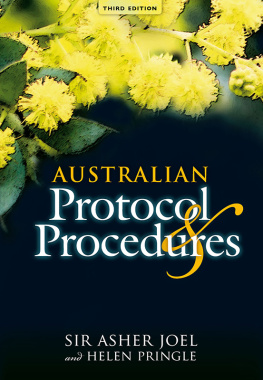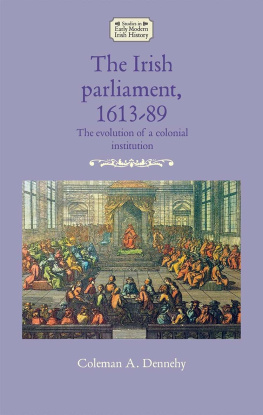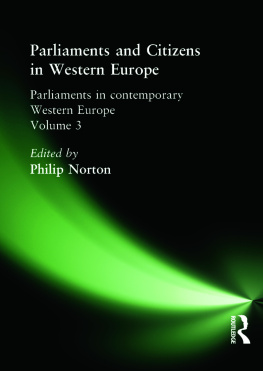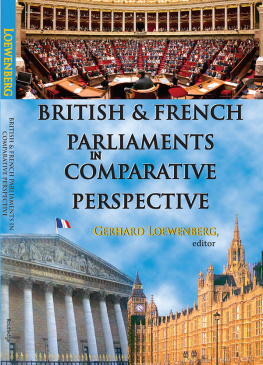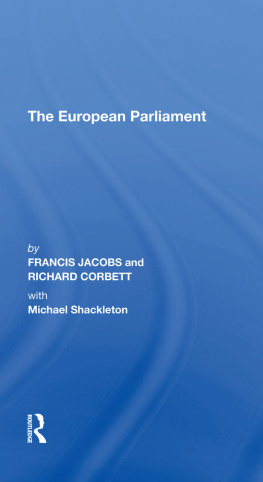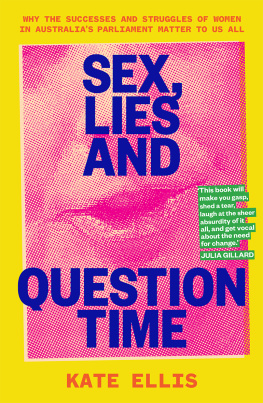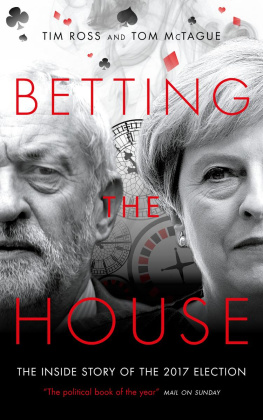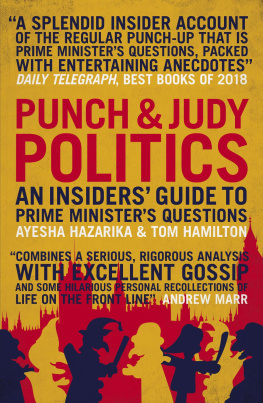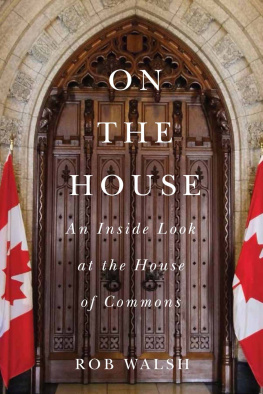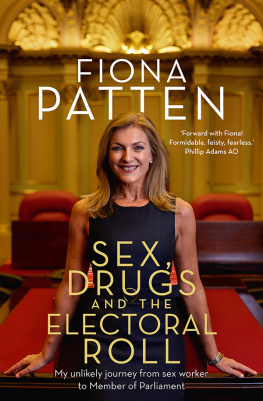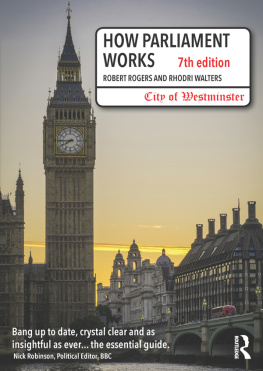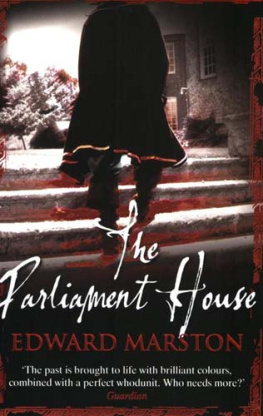AUSTRALIAN PROTOCOL PROCEDURES
T HE H ON . S IR A SHER J OEL was in a unique position to both observe and participate in Australian protocol and procedures for over fifty years. He was best known as honorary organiser of numerous significant public events. Commencing with the King George VI Coronation celebrations in 1937, he went on to organise many other notable occasions including Royal tours, the first visit to Australia of an American President (Lyndon B. Johnson) and of a Pope (His Holiness Paul VI), the Captain Cook Bicentenary celebrations and the opening of the Sydney Opera House.
Sir Asher began his professional life in Sydney at fourteen as a copy boy on the Labor Daily before becoming press officer to the NSW Labor Premier, the Hon. Jack Lang. During his active wartime service in the South West Pacific he served on General Douglas McArthurs staff. He was the first member of the Royal Australian Navy to be awarded the United States Bronze Star. After the war, Sir Asher became one of the founders of the public relations industry in Australia. He was a director of and adviser to a number of public companies. He also established a daily newspaper and television station in regional Queensland.
Sir Asher was a long-serving member of the New South Wales parliament, sitting in the Legislative Council from 1958 to 1978.
Awarded an OBE in 1956, he was created a Knight Bachelor in 1971 and a Knight Commander of the Order of the British Empire in 1974 for distinguished services to the community. In 1986 Sir Asher was appointed an Officer of the Order of Australia. He was the recipient of the King George VI Coronation Medal in 1938, the Queen Elizabeth Coronation Medal in 1953, and the Queen Elizabeth Silver Jubilee Medal in 1977. In 1975 the Order of Sikatuna was conferred upon Sir Asher by the President of the Philippines, and in 1978 he was admitted to that countrys Order of the Knights of Rizal as an Honorary Knight Commander. In 1978 he was also presented with the Torch of Learning Award of the Hebrew University, Jerusalem. The honorary Degree Doctor of Letters was conferred upon him by Macquarie University in May 1988. Sir Asher was the recipient of a Papal knighthood in 1995 in recognition of his services to the Roman Catholic Church.
He is the author of Without Chains, Free, an historical novel about a Filipino family.
Sir Asher died in 1998.
D R H ELEN P RINGLE is a senior academic in the Faculty of Arts and Social Sciences at the University of New South Wales in Sydney. She was born in Ipswich, and schooled in Queensland, before gaining an Honours degree in Politics from the Australian National University, and a Doctorate in Political Philosophy from Princeton University. Her research has been widely recognised by awards from Princeton University, the Fulbright Foundation, the Australian Federation of University Women, and the Universities of Adelaide, Wollongong and New South Wales. Dr Pringle has also been honoured by the Vice-Chancellors award for excellence in teaching at the University of New South Wales. Her main fields of expertise are human rights, ethics in public life, and political theory, and she has a national and international reputation in these areas.
AUSTRALIAN PROTOCOL PROCEDURES
Third edition
SIR ASHER JOEL
and
HELEN PRINGLE

A UNSW Press book
Published by
University of New South Wales Press Ltd
University of New South Wales
Sydney NSW 2052
AUSTRALIA
www.unswpress.com.au
Lady Sybil Joel 2007
First edition published by Angus & Robertson Publishers 1982 Revised and updated edition Angus & Robertson Publishers 1988 Third revised and updated edition 2007
This book is copyright. Apart from any fair dealing for the purpose of private study, research, criticism or review, as permitted under the Copyright Act, no part may be reproduced by any process without written permission. Inquiries should be addressed to the publisher.
National Library of Australia
Cataloguing-in-Publication entry
Joel, Asher, Sir, 19121998.
Australian protocols and procedures.
3rd ed.
Bibliography.
Includes index.
ISBN 9780868409467 (hbk).
1. Diplomatic etiquette - Australia. 2. Government etiquette - Australia. 3. Manners and customs. 4. Australia - Social life and customs. I. Pringle, Helen. II. Title.
395.50994
Design Di Quick and Josephine Pajor-Markus
Contents
Acknowledgments
A book like Australian Protocol & Procedures cannot be the work of a single author. The publication of a new edition of this work is an acknowledgement of the generous assistance given to me in its preparation. It is also a continuing acknowledgement of the assistance given to Sir Asher Joel in the preparation of the first two editions. Indeed, the help I received was often given in honour of Sir Asher. I am especially indebted to Dr Michael Joel, Ms Alexandra Joel, Mr Julian Leeser, Mr Laurie Glanfield, and Sir David Smith AO CVO.
For permission to reproduce photographs, insignia, decorations and other material relating to the Commonwealth, I thank the Department of the Prime Minister and Cabinet, which also provided the photograph of Her Majesty Queen Elizabeth II. The table of ranks and insignia for Australian defence forces was supplied by the Department of Defence, and is reprinted with permission. The Commonwealth Attorney-General granted permission to reprint the Constitution of Australia.
Material relating to Australian flags was provided by the Department of Prime Minister and Cabinet. I would also like to thank the designer of the Australian Aboriginal Flag, Mr Harold Thomas, for permission to reproduce the Flag, and the Island Co-ordinating Council for permission to reproduce the Torres Strait Islander Flag designed by the late Mr Bernard Namok.
For permission to reproduce state and territory coats of arms, flags, badges and emblems, I gratefully acknowledge the Premiers and Premiers Departments of New South Wales, Queensland, South Australia, Tasmania, Victoria and Western Australia; the Departments of the Chief Minister of the Northern Territory and of the Australian Capital Territory; and the Office of the Administrator of Norfolk Island.
The following institutions and their officers provided unstinting help in providing and checking material: the Office of the Governor-General; the Australian War Museum; the Department of the Prime Minister & Cabinet; the Commonwealth Attorney-Generals Department; the Department of Defence; the Department of Foreign Affairs and Trade; Austrade; the Department of Immigration and Citizenship (formerly Immigration and Multicultural Affairs); the Australian Electoral Commission; and the National Australia Day Council. Invaluable assistance was also provided by the Premiers and Attorney-Generals Departments of the states; the New South Wales Registry of Births, Deaths and Marriages; the New South Wales Department of Education and Training and the Aboriginal Education Consultative Group (AECG) Inc; the Sydney City Council and Mr Rod Kirkman; and the University of New South Wales, in particular Professor Jessica Milner Davis, Associate Professor Bruce Scates and Associate Professor Elaine Thompson.
I deeply appreciate the meticulous assistance of the Anglican Diocese of Sydney and the Revd Dr Bruce Kaye; the Buddhist Council and Mr Graeme Lyall AM; the Catholic Archdiocese of Sydney and Dr Michael Casey; St Andrews Greek Orthodox Theological College, Sydney, and Mr Tasos Kalogerakis; the Great Synagogue, Sydney, and Rabbi Jeremy Lawrence; the Congregation of the Temple Emanuel, Sydney, in particular Rabbi Jeffrey Kamins, Ms Candice Talberg and Mr Steve Denenberg; and of Mr Zilficor Yassine and Mr Samir Mahmoud. I also acknowledge the enthusiastic efforts of the Returned & Services League of Australia, especially Mr Derek Robson AM; Legacy and in particular the Chairman of Council, Legatee Riches; the Country Womens Association and Mrs Lesley Young; Rotary International and Mr John Tucker; Lions Australia and Mr Roydon Robertson; Apex Australia and in particular Ms Caroline Girke; JCI Australia and Mr Mark Lane; the United Grand Lodge of NSW & ACT and Mr Kevin McGlinn PAGM; and the Order of the Eastern Star and Mrs Narelle Ober. Mr Charles Mosley of Debretts, and Mr Henry Paston-Bedingfeld of the College of Arms, London, also generously availed me of their knowledge and wit.
Next page
